Shaping the performance accountability of elected political leaders is key
——–
In the post-Suharto era, Indonesia has undertaken radical public sector reform. Following advice from international donor agencies, such as the World Bank and International Monetary Fund (IMF), Indonesia has decentralised government business. Central government now shares some of its power with local governments.
To enhance managerial accountability, each local government has produced an independent financial report as practiced in subsidiary companies of a private sector organisation. Indonesia has also popularised direct democracy as practiced in Western countries to select political leaders at central and local government levels. Some scholars have defined these changes as a ‘big bang’ reform.
To provide better public services, changing the behaviour of public sector officials has been a popular undertaking for elected political leaders. When Jokowi was elected as Jakarta’s governor, for instance, this was one of his priorities during his first months in office. He introduced an ‘open bidding’ system to select new and replace existing managerial employees. He also promoted transparent procurement processes through an electronic system. Moreover, he published local government budgets and spending so citizens could participate in monitoring public expenditure. Jokowi and his vice governor Basuki had the courage to cut ‘hidden’ budgets that were used to servethe interest of local parliament members (DPRD).
To win voters over in the recent simultaneous local elections (Pilkada Serentak), candidates framed better public service as a key agenda of their political campaign. We can see this approach, for example, in the Jakarta local election. In the education sector Agus stressed the need of welfare for teachers; Basuki said that Kartu Jakarta Pintar (KJP) was useful to help poor people; and Anies promised to give more funds to education (not only what is provided in the KJP, but to subside transportation costs for poor students). To handle housing problems, Basuki promised to give more apartments (rumah susun) for poor people, while Anies promoted zero down payments for buying new houses.
In respect to the Jakarta election, Edward Aspinall has revealed that voters mostly put performance of their leaders above religious and ethnic considerations. This would seem to paint an optimistic picture in respect to the progress of reform and democracy in Indonesia.
Unfortunately, commentators and scholars pay less attention to whether politicians deliver on the promises made during their political campaigns. For example, along with promising to develop more public infrastructure, in 2014 Jokowi also promised to reduce corruption practices. The jury is still out on whether he has succeeded with this.
Data also indicates that there is a slow progress in recent reform. For example, although Indonesia under Jokowi’s administration now has a better score on the corruption perception index (CPI), the score is not substantially difference from 2015 (that is, it has only changed from 36 in 2015 to 37 in 2016). Indonesia’s global competitive index has also decreased to number 41, compared to 55 in 2009 during the SBY administration. The performance accountability management score (LAKIP) of local governments on average is still 49.87 (that is, not sufficient).
To assess the performance of elected political leaders, the national parliament (DPR) has produced a national planning law. Within this law, elected political leaders (the president, governors, and majors) have to formalise the political agendas promised in their political campaign as a five-year plan.
In the plans, elected political leaders have to declare clearly their objectives, strategies, key performance indicators, and key performance targets while in power. Sadly, few politicians, in both the national and local parliaments, have any interest or capacity to question whether the elected political leaders have fulfilled the goals promised in their performance plans.
Without interest or capacity, the elected political leaders in the executive cannot be assessed by parliament members, and thus reform and democracy may not live up to the benefits promised to the people.
Rather than commenting on the election process alone, analysts and scholars should pay attention to what also comes after a vote — and whether elected political leaders in Indonesia live up to their promises. This could not only help make elected political leaders more accountable, but make liberal democracy work better within the Indonesian context.
*) This article has been published by New Mandala, you can read it at this link.

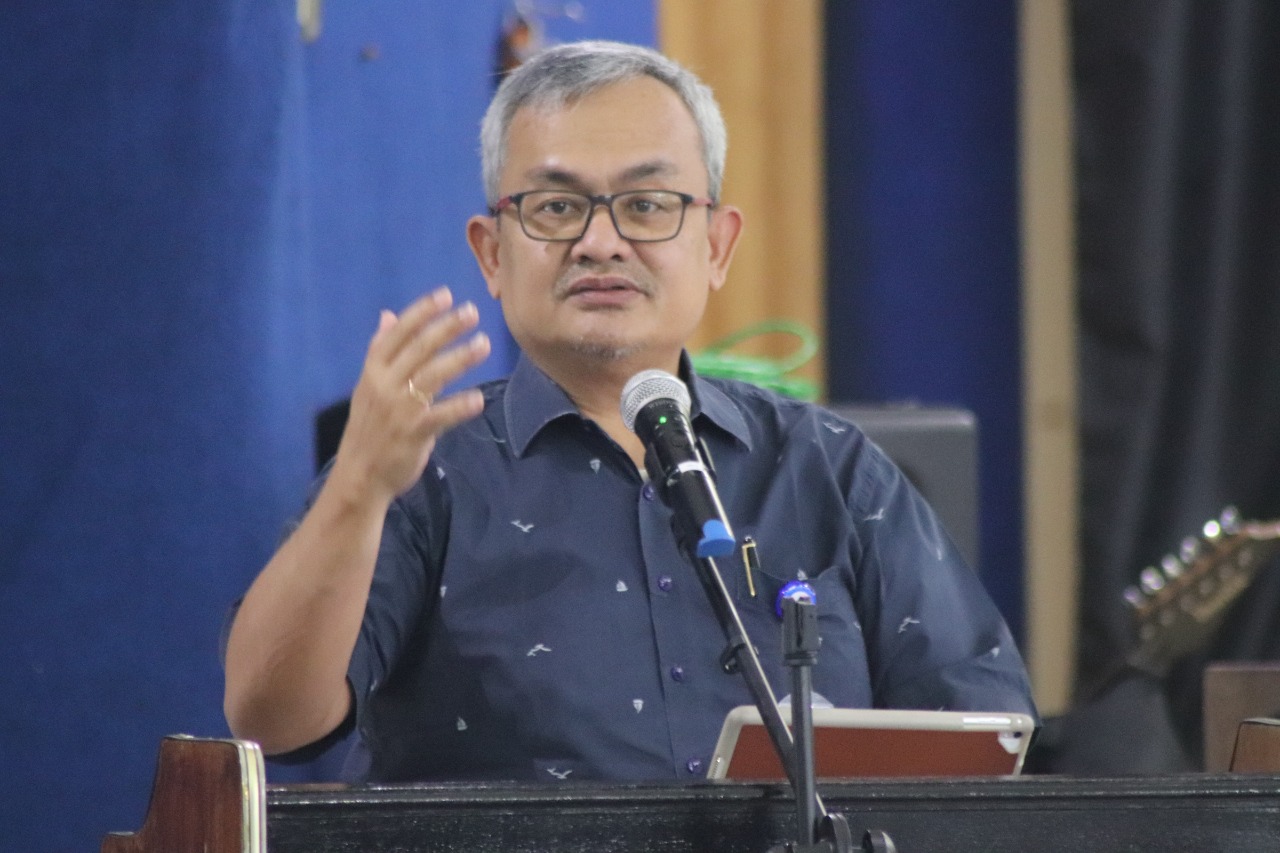
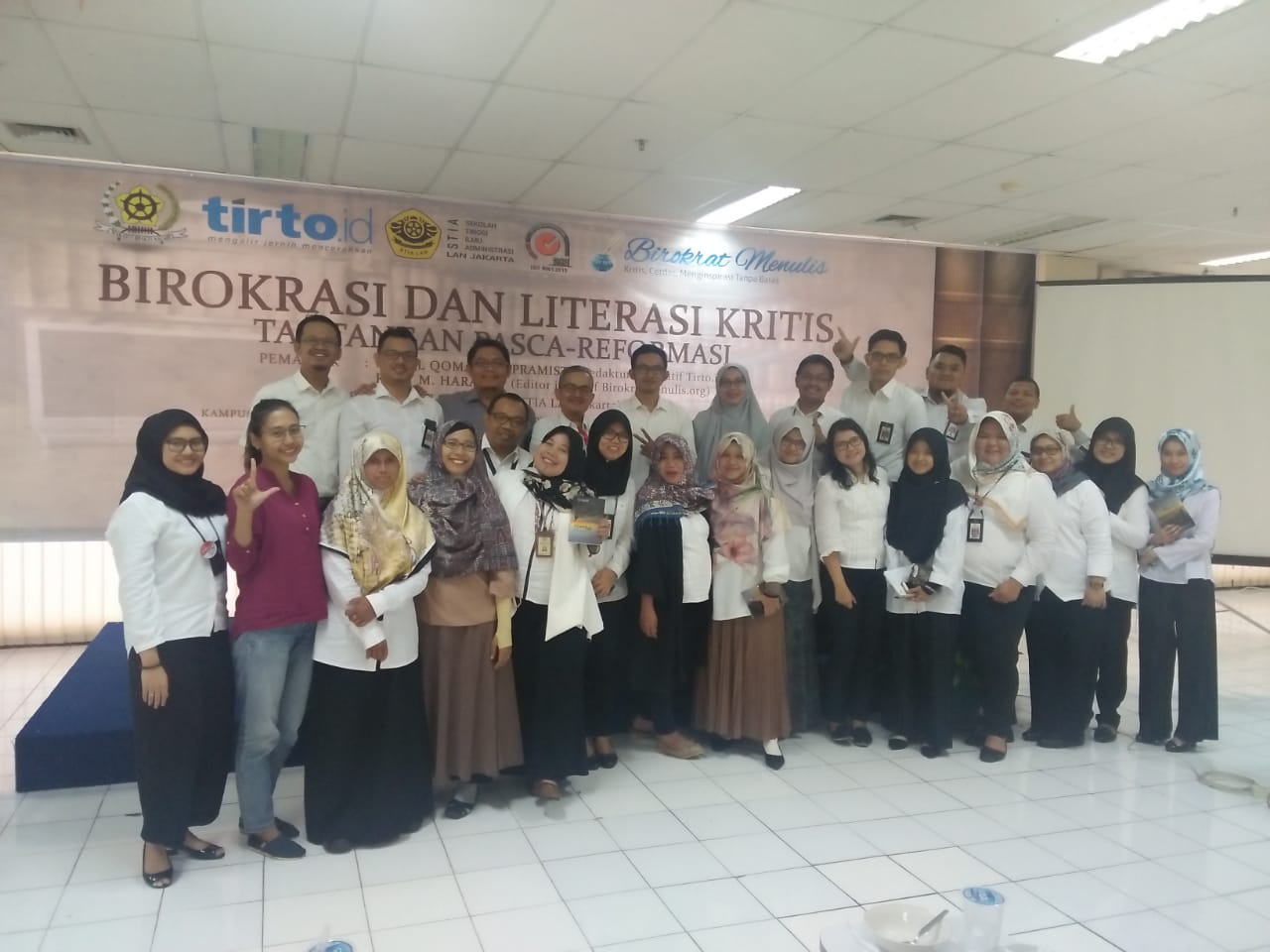
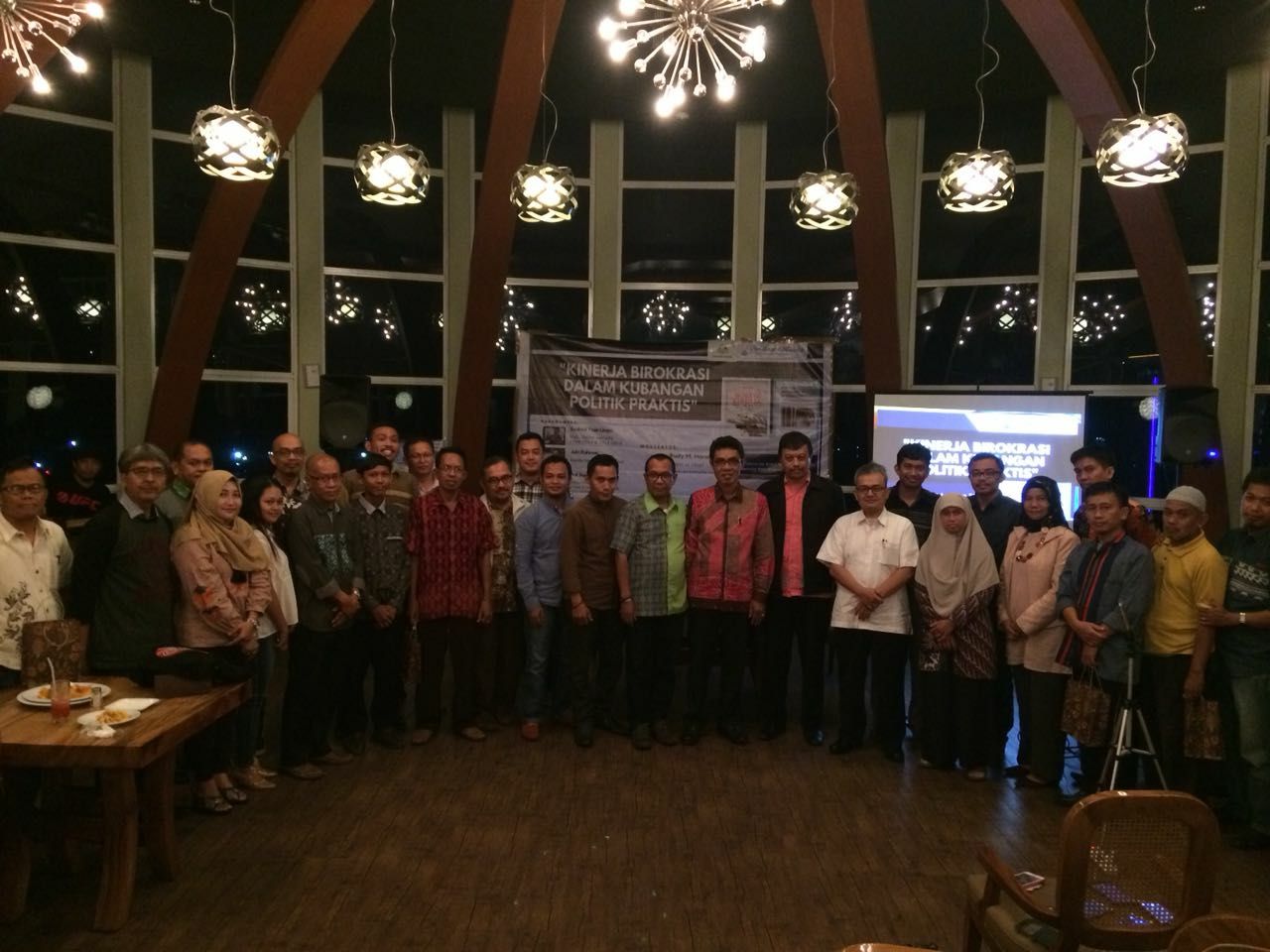
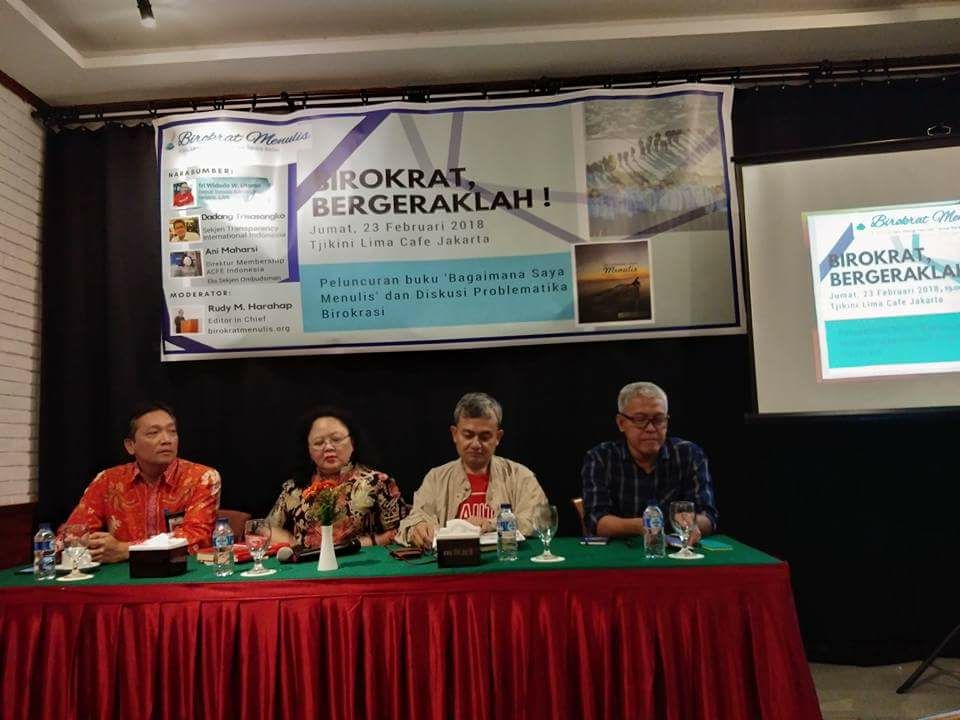

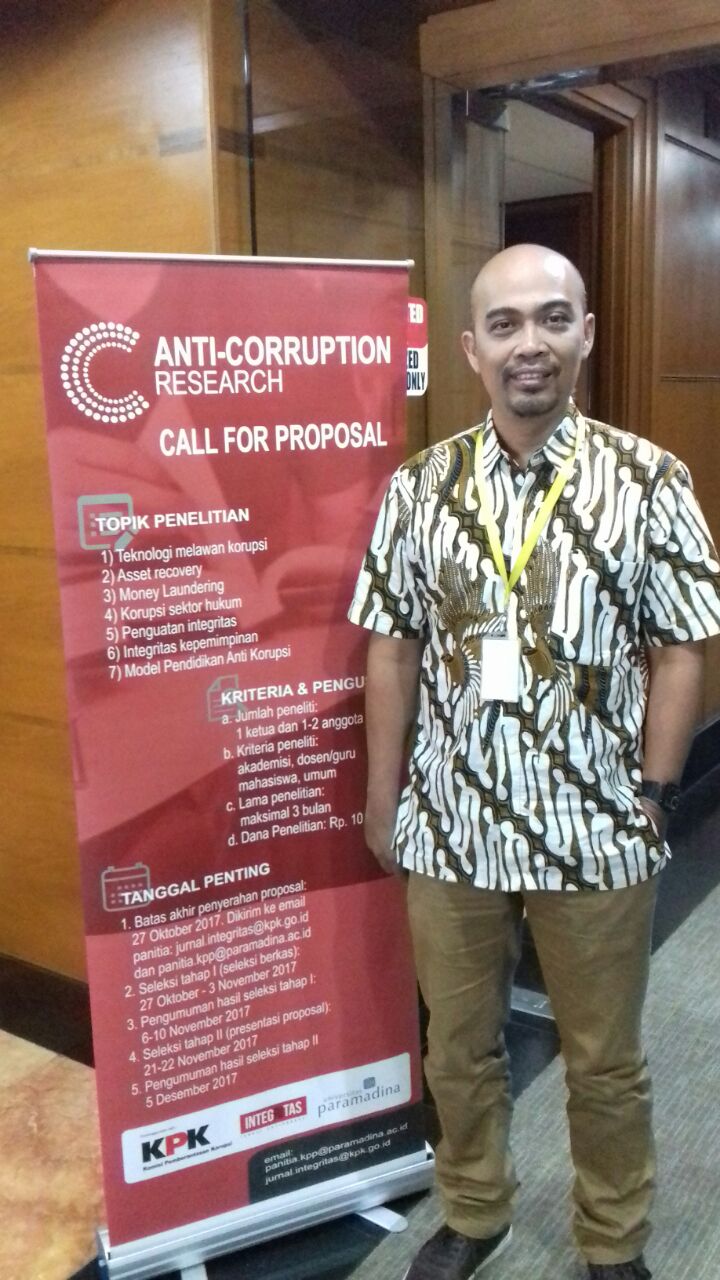
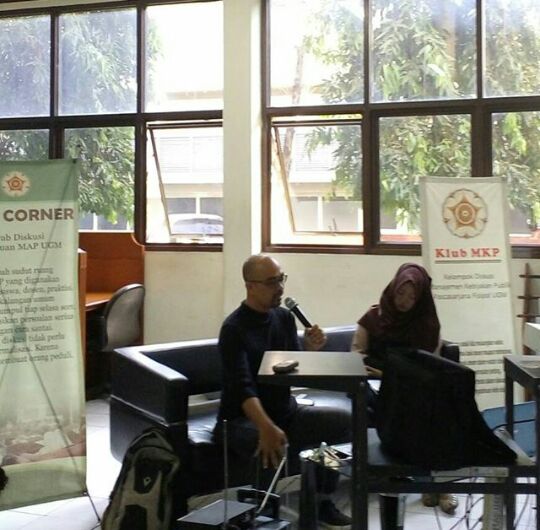







0 Comments